Israeli PM Netanyahu shelves UAE visit over Jordan airspace dispute
Israeli Prime Minister Benjamin Netanyahu has been forced to cancel a planned visit to the United Arab Emirates, after Jordan delayed approving his flight path over the kingdom.
Officials in the premier’s office said on Thursday that although Netanyahu's wife was hospitalized with an appendix infection late on Wednesday, this was not the reason for the cancellation as had been earlier claimed by some Israeli sources.
An official Hebrew-language statement said Netanyahu “was expected to visit the United Arab Emirates today but, due to difficulties in coordinating his flight in Jordan's airspace, the visit was postponed.”
The statement added that the overflight row was apparently in retaliation for Jordanian Crown Prince Hussein bin Abdullah’s canceled trip to the al-Aqsa Mosque in the Old City of Jerusalem al-Quds on Wednesday over a disagreement with Israeli authorities about his security detail.
There was no immediate comment from Amman.
Natanyahu had been scheduled to meet UAE Prime Minister and Crown Prince Sheikh Mohammed bin Zayed in his first official visit to the Persian Gulf state since Tel Aviv and Abu Dhabi forged diplomatic ties last year in a US-brokered deal amid strong opposition from all Palestinian factions.
Reports on Wednesday suggested the Israeli prime minister would likely meet Saudi Arabia’s crown prince and de facto ruler, Mohammed bin Salman, and/or Sudanese Prime Minister Abdalla Hamdok during the trip as well.
Later on Thursday, Israeli minister of military affairs Benny Gantz said Netanyahu’s conduct in recent years has severely harmed the Tel Aviv regime’s relations with Jordan.
Prince Hussein was on his way to the King Hussein Bridge, also known as the Allenby Bridge, which crosses the Jordan River near the Palestinian city of Ariha and connects the occupied West Bank with Jordan, but turned back when his protection force was denied entry, the Israeli Kan public broadcaster reported.
The visit had reportedly been coordinated with Israeli authorities and a large police presence was deployed to secure the prince’s visit.
As part of the agreement for the trip, Jordanian security guards, including some who were to be armed, were permitted to accompany the prince, Kan report added. However, the security delegation that arrived at the border was both larger and more heavily armed than had been agreed.
When Israeli authorities insisted that the Jordanians keep to the terms of the agreement, Hussein canceled the visit.
Last week, the Jordanian crown prince reiterated his country's clear and unequivocal stance on the Palestinian issue, saying, “al-Quds is a personal matter for the Hashemites and a red line for Jordanians.”
“Our position is always firm on Arab issues, especially the Palestinian issue, which is our central matter,” he said in an interview broadcast on the state-run Jordanian television network at the time.
Jordan and Israel share strong security ties, but political relations have soured recently over the Israeli regime’s policies toward Jerusalem al-Quds, because King Abdullah's Hashemite dynasty is the custodian of the Muslim holy sites in the city.
Last May, Jordan's Foreign Minister Ayman Safadi warned Britain and the United States against the “unprecedented danger” posed by the Israeli scheme to annex parts of the occupied West Bank and the strategic Jordan Valley.
Back in October 2019, Jordan recalled its ambassador to Tel Aviv for consultation to protest against Israel’s months-long detention of two citizens for unknown reasons.
The two Jordanians were freed and transferred to Jordan later that month. They were held after entering the occupied West Bank in August and September 2019.
Until recently, Jordan was one of only two Arab states with a peace accord with Israel.
Many Jordanians, however, are opposed to normalization of their country's ties with Israel and have called on the government to scrap the peace treaty. Many citizens in Jordan are of Palestinian origin.
Russian court orders Google to pay staggering fine of $20 decillion
Yemeni forces carried out five operations in Haifa, targeting six ships, in one year: Report
VIDEO | US-Israeli war on West Asia
Israeli war machine fails to penetrate Lebanon despite barbaric bombardment: Houthi
VIDEO | Is West's dominance over?
VIDEO | Five Syrians killed in Israeli airstrikes on al-Qusayr near Homs
VIDEO | South African resistance leaders reflect on ways to overcome Israeli aggression
VIDEO | Press TV's news headlines


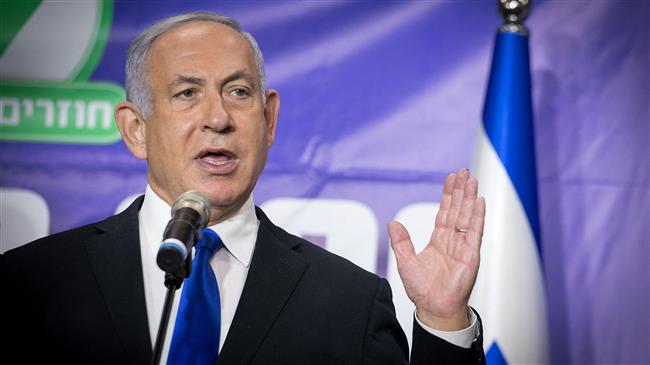





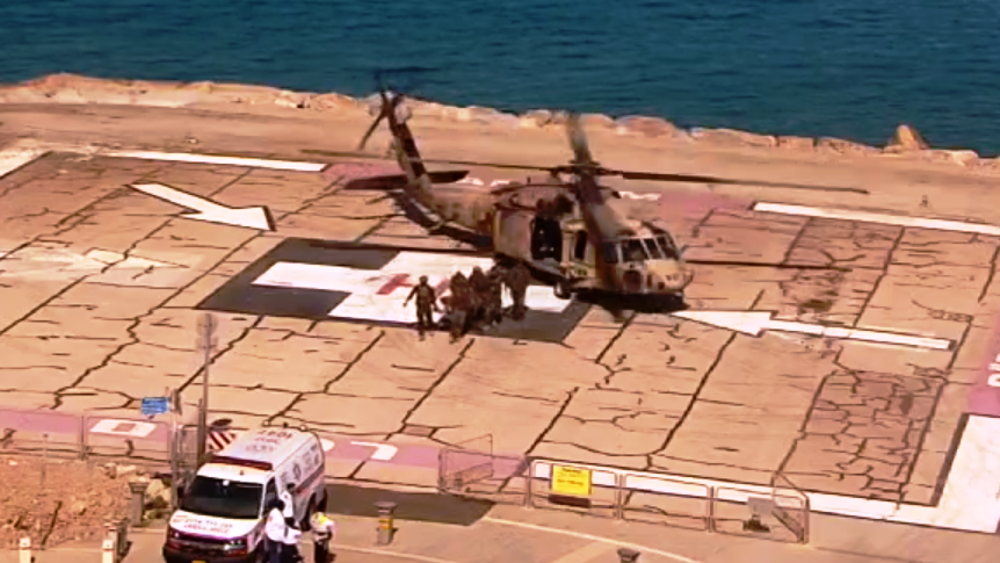




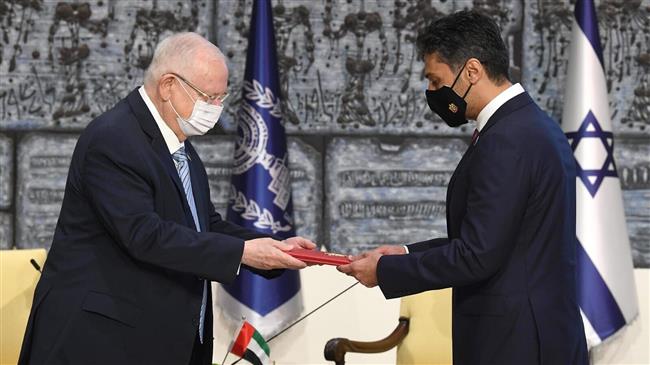
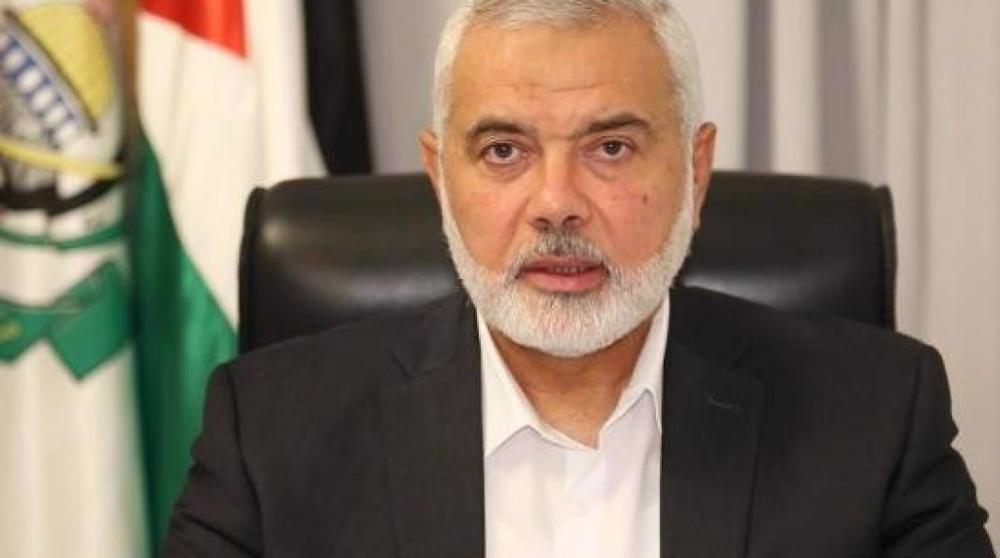
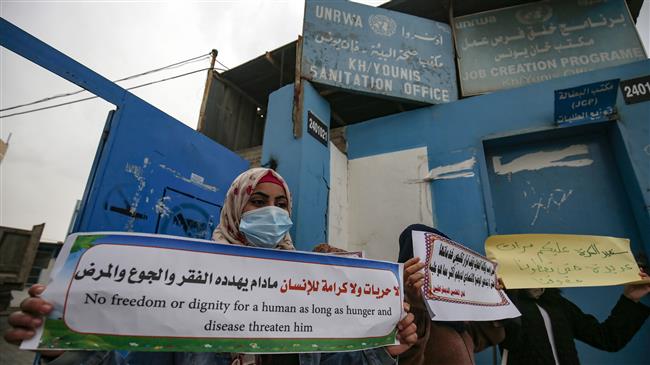
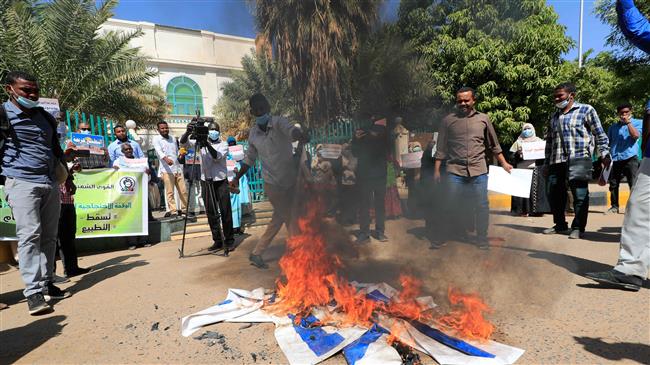



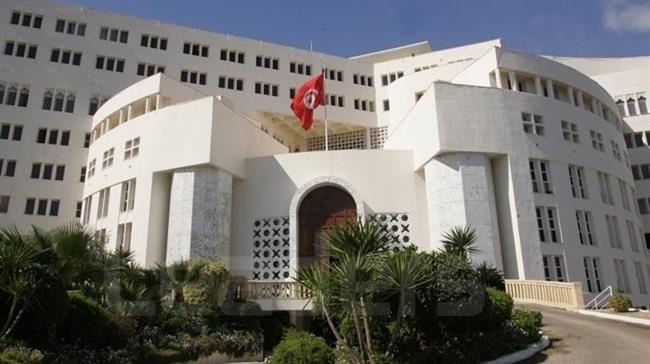
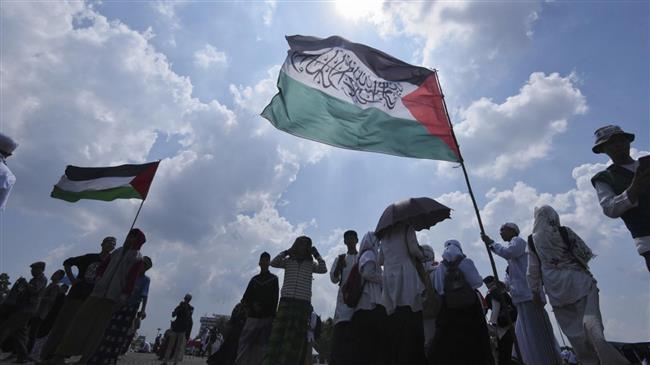

 This makes it easy to access the Press TV website
This makes it easy to access the Press TV website